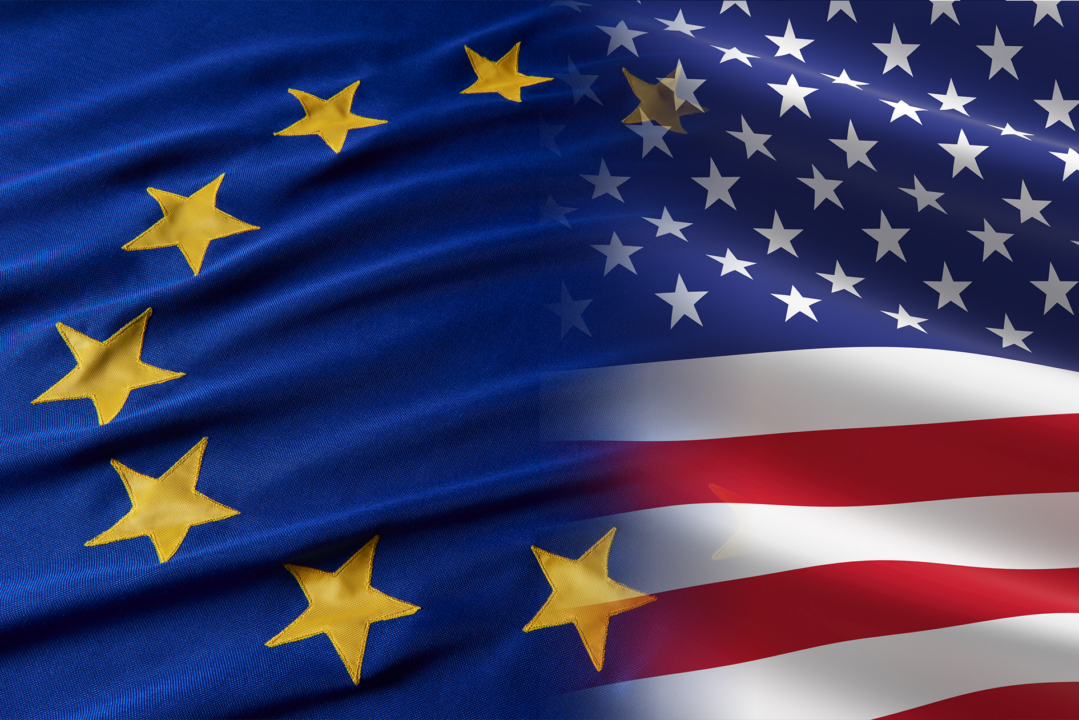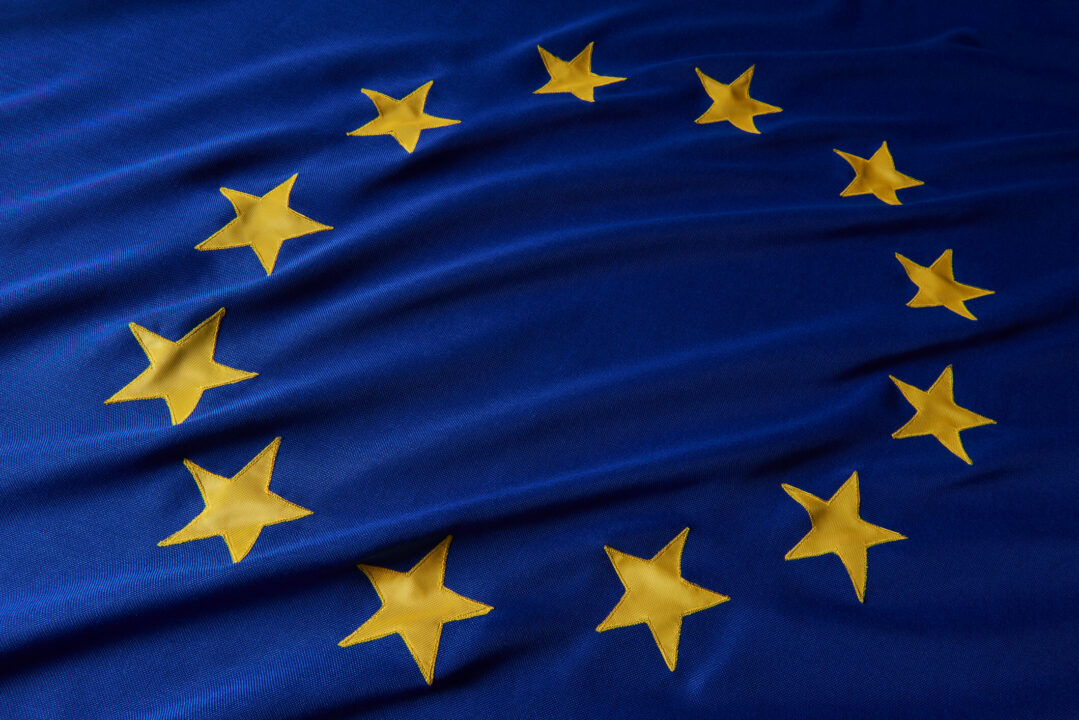Presented by Cello Health BioConsulting, now part of Lumanity
Moderator:
- Joel S. Sandler, PhD Principal, Co-Lead, CNS Practice
Panelists:
- Marco Mohwinckel, CCO, Compass Pathways
- Peter Rands, CEO & Founder, Small Pharma
- Revati Shreeniwas, CMO, Bright Minds Biosciences
- Stephen Wooding, CSO, Beckley Psytech
Arguably no therapeutic class has posed the level of complex considerations as that of psychedelics as medicines. That they are capable of achieving at times stunning remissions in refractory patient populations has never been in doubt. Indeed, divergent therapeutic categories within the broader psychedelic umbrella have durably restored to baseline heavily-pretreated patients suffering from PTSD (empathogens, namely MDMA [Ecstasy]), major depression (dissociatives such as ketamine and now Janssen’s esketamine/Spravato, along with ‘classic’ psychedelics, including psilocybin [active ingredient in ‘Magic Mushrooms’]), and additional indications including cancer-related anxiety, addiction, eating disorders, and headache, among others.
While an extensive body of evidence exists dating back decades, if not centuries or even millennia, myriad questions must now be confronted as these different modalities emerge from counter-cultural fringes to the mainstream BioPharma industry. These include:• How well understood are underlying mechanisms of how these drugs work, and to what extent must they be further elucidated for future optimization?
- How will psychedelics fit within broader established treatment landscapes?
- What is the role of different entities (Biotech, Pharma, NFPs, government agencies, academia) going forward?
- Can historical reticence and perceptual biases among typically risk-averse Pharma players, clinical investigators, and patients be overcome?
- How can clinical-regulatory complexities, such as challenges with de-identification in placebo arms, be managed?
- How can the need for companion psychotherapy be accommodated?
- How will medical ecosystems deal with issues specific to recreational aspects such as diversion, self-medication, and corresponding need for stringent REMS restrictions?
- What will be the role and limitations of intellectual property with natural and naturally-sourced products and will this be a damper on investment and commercialization?
- How will market access hurdles, such as with treatment packaging and genericized alternatives, be addressed?
While there’s no way for us to answer all of these questions in the span of an hour, we have assembled the right people to delve in and pull out some key insights. So join us for a not-to-be-missed discussion on the question of what it will take to bring these effective but complicated new therapies into regulated markets for patients with pressing unmet medical need.








